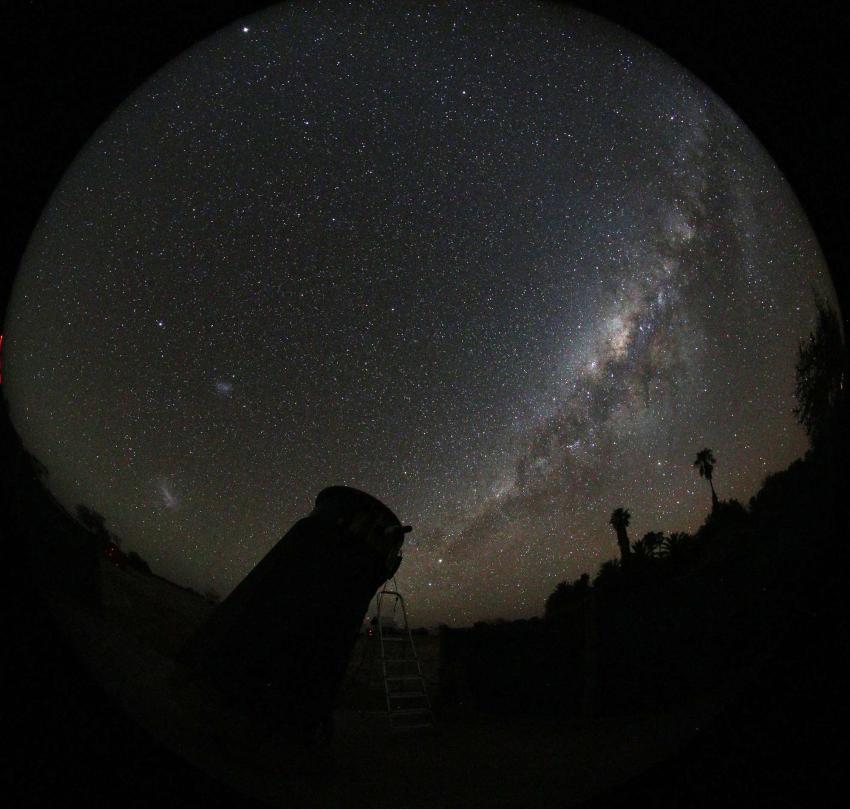As someone that has always lived in the UK countryside I am no stranger to the glory of a dark star-filled sky. Sadly 60% of the world’s population has already lost access to the night sky thanks to light pollution. Across Europe and the US that number climbs to nearer 80%. A team of researchers want to try and track the growth of light pollution and to that end have developed an inexpensive sensor made from “off-the-shelf” parts. Their hope is that people around the world will build and install these sensors to share their data enabling them to track the spread of light pollution. If you’ve got technical skills, this could be a fun project.
Continue reading “Building a Worldwide Map of Light Pollution”Light Pollution is Out of Control
Concern over global light pollution is growing. Astronomers are noticing its growing effect on astronomical observations, just as predicted in prior decades. Our artificial light, much of which is not strictly necessary, is interfering with our science.
But there’s more than just scientific progress at stake. Can humanity afford to block out the opportunities for wonder, awe, and contemplation that the night sky provides?
Continue reading “Light Pollution is Out of Control”Many of the World’s Greatest Observatories Suffer from Some Light Pollution

In a recent study published in the Monthly Notices of the Royal Astronomical Society, an international team of researchers examined the levels of light pollution at astronomical observatories from around the world to better understand how artificial light is impacting night sky observations in hopes of taking steps to reduce it. But how important is it to preserve the scientific productivity of astronomical observatories from the dangers of light pollution, as noted in the study’s opening statement?
Continue reading “Many of the World’s Greatest Observatories Suffer from Some Light Pollution”How Could we Light our Cities and Still See the Night Sky?

The night sky is a part of humanity’s natural heritage. Gazing up at the heavens is a unifying act, performed by almost every human that’s ever lived. Haven’t you looked up at the night sky and felt it ignite your sense of wonder?
But you can’t see much night sky in a modern city. And the majority of humans live in cities now. How can we regain our heritage? Can quiet contemplation make a comeback?
Continue reading “How Could we Light our Cities and Still See the Night Sky?”

